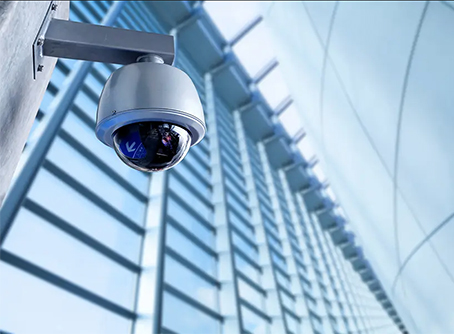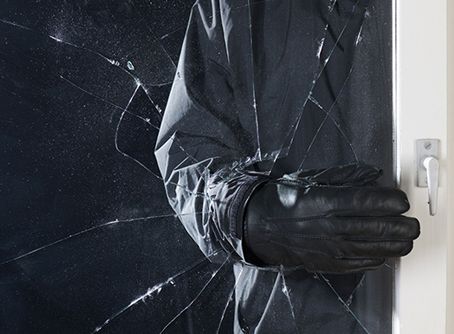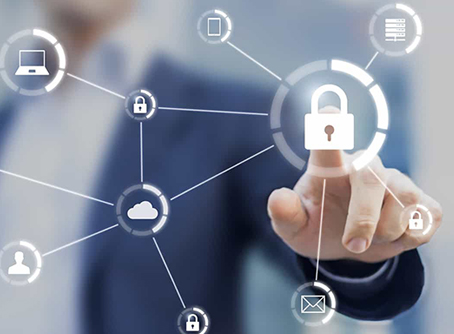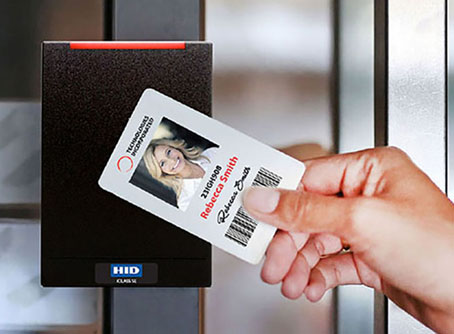Smart Home Security systems allow you to control, monitor, and access your home devices from any smart device. While this is convenient, it also means a lot of persona data is now stored in your cell phone or smart device. If the wrong person gains access to this data, they can gain access to your home.
Below are some tips to help protect your personal information on your smart devices.
Encrypt Sensitive Data
Turn on the storage encryption option on your smart device. Encryption keeps the data stored on your device safe and unreadable without the password verification.
Avoid Public Wi-Fi
Wi-Fi and hotspots at hotels, airports and restaurants are not secure. Do not use them to access personal or sensitive data. Disable automatic connections to these types of networks so you don’t accidentally connect to an untrustworthy source. Instead of these public sources of Wi-Fi, download a Virtual Private Network (VPN) from an app store. VPN’s offer a secure way to connect when you’re away from a secure network.
Application Safety
Many third-party apps are not vetted for security and leave your smart device open and vulnerable. Only download apps from trusted sources. When choosing an app to download, check for the permissions it’s asking for (cameras, GPS, contacts). If you feel an app shouldn’t have access to those features, don’t download it. Keep all apps updated; especially apps containing your sensitive information. Many upgrades include security patches to help keep your information safe. Log out of apps when you’re not using them and require a password to reopen them.
Always Lock Your Smart Device and Security Apps
These days, most smart devices have the option to automatically require a password once it is turned off or “goes to sleep.” Apps for home security/automation, banking, email, and social networks usually have this option too. While it’s convenient to “always stay logged in,” it is not the bet option. By using the password verification on your phone and the apps, you’ve created a double layer of protection for your personal information.
Opting for random, longer passwords with numbers, letters, and symbols is another way to add protection for your information. If the password is random, it becomes incredibly difficult to crack (even for computer programs). And it can’t be stated enough: DO NOT reuse the same password for multiple devices and apps.
Finally, configure your smart device settings so all data is erased if there are too many consecutive, failed attempts at access. xr It might be annoying to have to reload your apps, but it’s better to lose that information than to give the wrong person access.
Erase Information from Lost or Donated Devices
Many smart devices allow you to remote-wipe date should it be lost or stolen. This option keeps valuable information secure. Frequently back up your device’s data to a secure cloud account or your desktop. That way, you won’t lose as much information if a wipe is required. Always wipe a device before selling, recycling, or donating it. Perform a factory reset and then double-check all factor apps that to ensure no personal information remains.
If you’d like more information for a home security system, contact PASS Security today for a quote. Click HERE to read more on our home systems.






